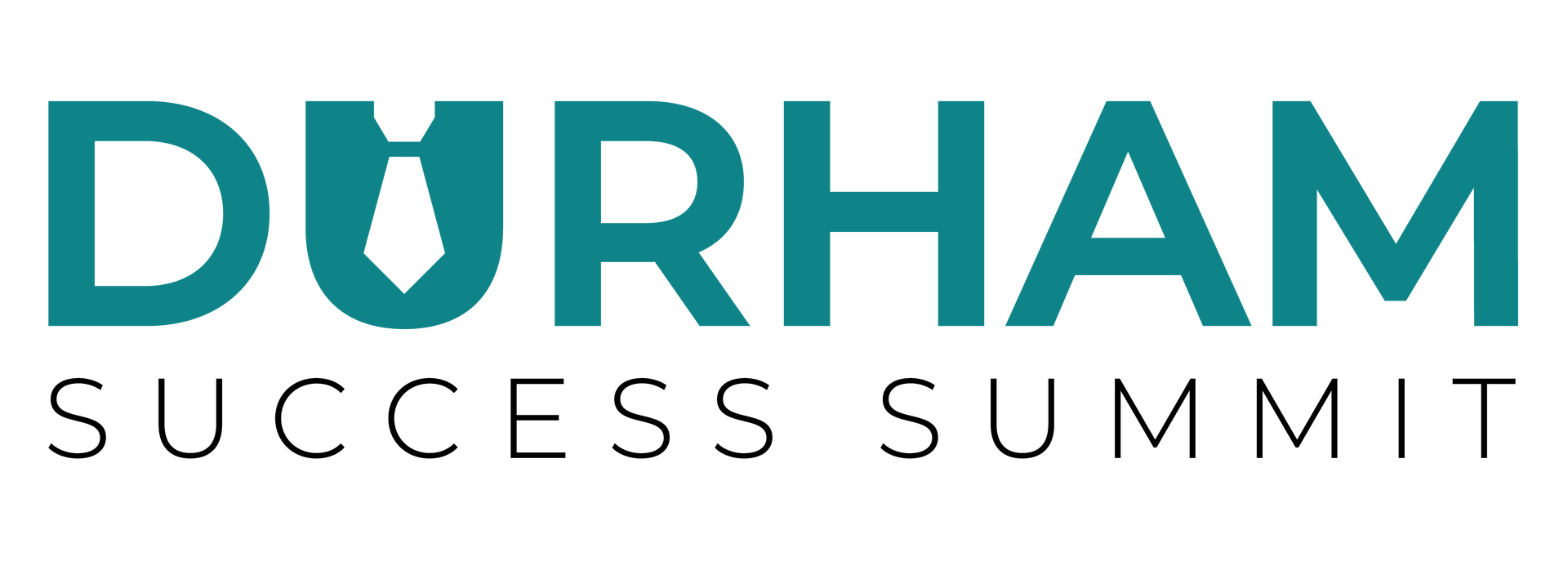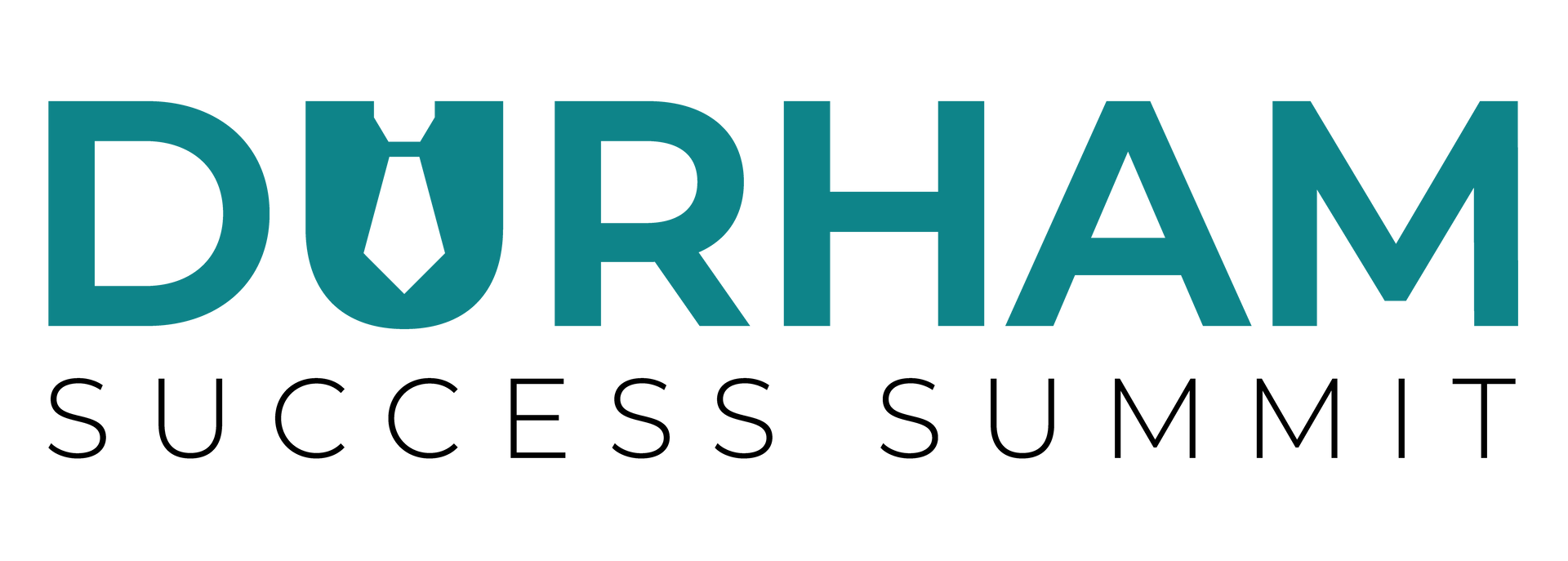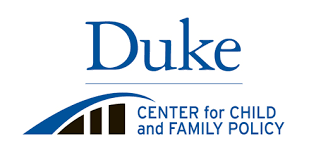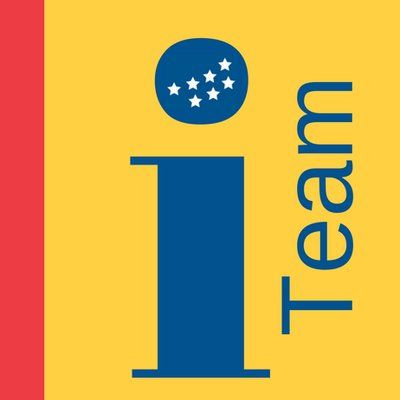RESEARCH
We conduct reliable research that delivers innovative interventions, demonstrates scholarship, and offers actionable solutions to solvable problems facing Black male youth.
Our approach to research is guided by a commitment to community engagement, rigorous data analysis, and innovative interventions. We work closely with community members, policymakers, and other stakeholders to identify the most pressing issues facing Black male youth. We use a variety of research methods, including surveys, interviews, and focus groups, to gather data and insights from those who are most affected by these issues. We then use this data to develop interventions and solutions that are tailored to the unique needs of Black male youth.
Obstacles Restricting Employment for Black Men in the United States - April 2023
Black male unemployment has remained stagnant at a level twice the rate of white men since 1972. Many politicians cite the “Human Capital Theory,” blaming the 2:1 employment gap on lower education among Black Americans. However, over the past 45 years, the increase in education rates in Black communities have had no correlation with improved employment outcomes. Therefore, policymakers should look beyond the Human Capital Theory and shift focus to local policy, civil rights enforcement, and structural trends.
Minority Depository Institutions: Federal Reforms Required for Success - April 2023
Minority depository institutions (MDIs) are banks and credit unions that are either owned or controlled by minorities, or that serve predominantly minority communities. The FDIC– the chief regulators of MDIs – define “minority” in this context as “any Black American, Native American, Hispanic American, or Asian American.” Institutions controlled by these groups receive specialized MDI benefits. Because of their explicit focus on minority representation, MDIs play a vital role in providing financial services and economic development to underserved communities.
